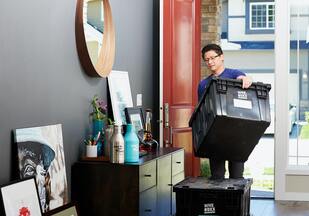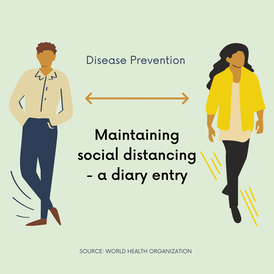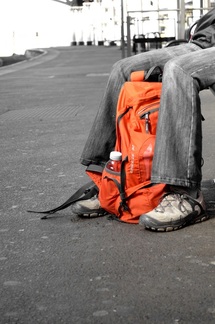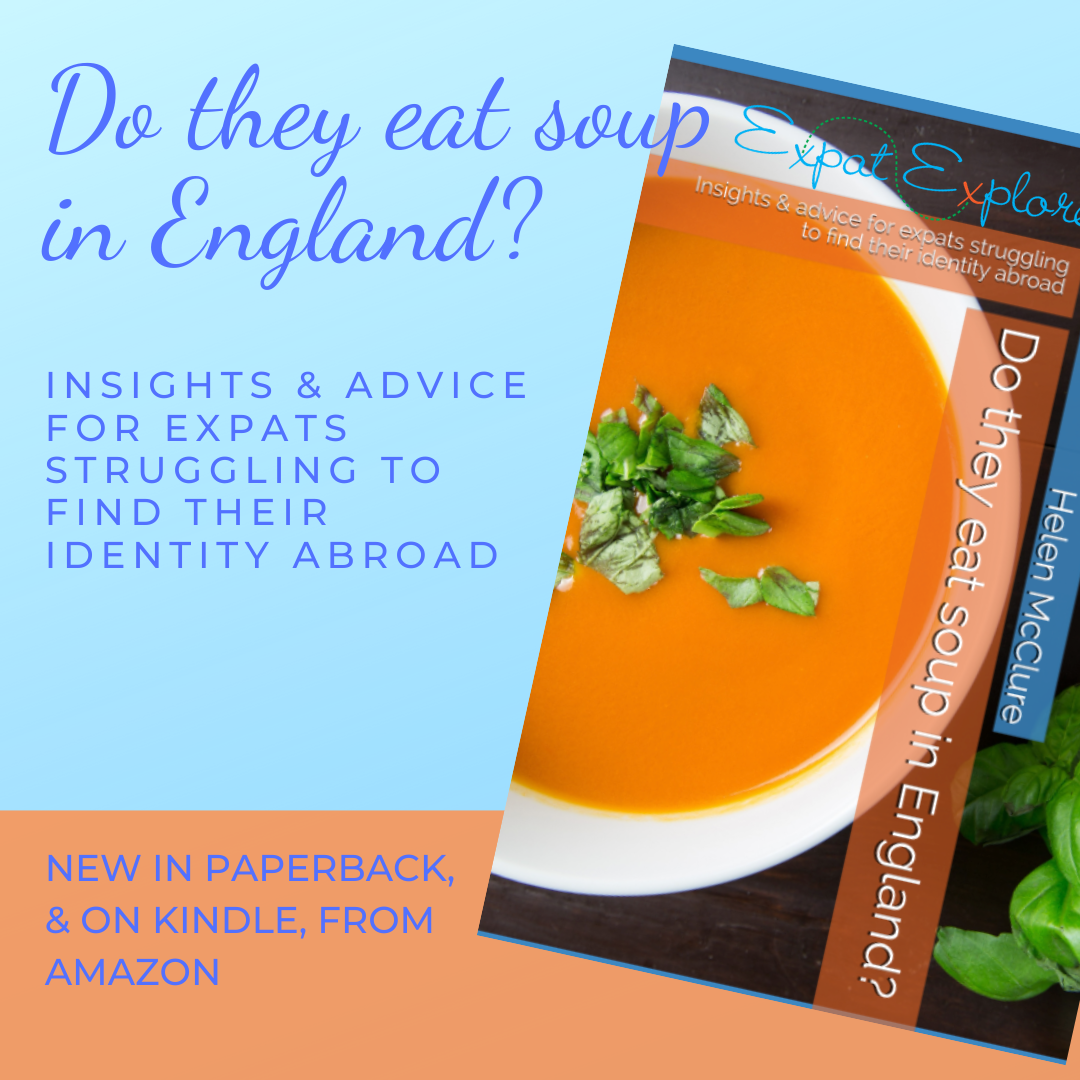
Yesterday, our freight arrived. I have two little children running round and round tall looming towers of boxes, stacked so high they are starting to sway in the wind. There are 381 of them. It’s all very well that the removal company offer a “surface unpacking service” (i.e. they will put things on surfaces, but not in cupboards), but there are no surfaces. Every inch is covered with piles of random stuff. Despite my finely honed organisational skills, there’s a toothbrush and a pile of toiletries by the kitchen sink, a bike in my lounge and a dolls’ house in my bedroom.













 RSS Feed
RSS Feed
